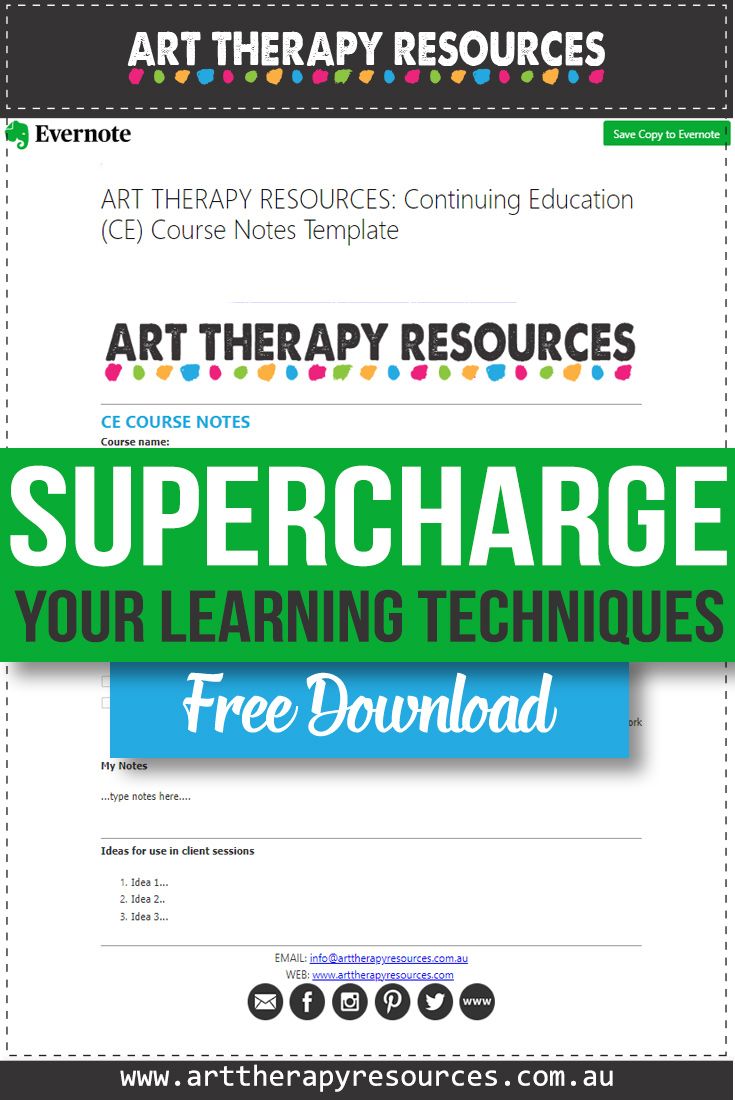THIS POST INCLUDES:
1. Introduction
2. Power of learning
3. Supercharge your learning capabilities
4. Free Download Evernote Course Summary Notes
INTRODUCTION
In today’s fast-paced world, the ability to learn quickly and effectively is more important than ever. Whether you’re a student, a professional, or simply someone who loves to acquire new knowledge, improving your learning capabilities can have a significant impact on your personal and professional growth.
In this blog post, we will explore a variety of strategies and techniques to supercharge your learning abilities, enabling you to absorb information more efficiently and retain it for the long term.
By implementing some of the following strategies and techniques, you can enhance your learning process, absorb information more efficiently, and retain knowledge for the long term. Remember, continuous learning is a lifelong journey, and with dedication and practice, you can unlock your full learning potential and embrace new opportunities for growth and success.
POWER OF LEARNING
As theories and concepts develop in the art therapy and psychology domain, undertaking additional study is key to personal and professional development. Additionally, learning new skills helps you adapt to new challenges and unlock potential exciting opportunities for your private practice.
By actively seeking out new knowledge and skills, you can broaden your horizons and enhance your problem-solving abilities. Below are some reasons why you should develop your learning capabilities:
- Stay Relevant in a Changing World: In today’s rapidly evolving landscape, learning new skills and staying updated is crucial to remain competitive in your field.
- Expand Your Horizons: Learning exposes you to new ideas, perspectives, and cultures, fostering personal growth and expanding your world view.
- Boost Your Confidence: The more you know, the more confident you become about the areas you cover in your private practice. Enhanced learning capabilities can boost your self-esteem and empower you to tackle new challenges.
- Improve Problem-Solving Skills: Acquiring knowledge in various domains enhances your ability to think critically and solve complex problems effectively.
- Improve your therapist skills: Learning new theories, concepts, and treatment protocols can help you develop necessary skills that will enhance your therapist skills and ultimately benefit your client.
SUPERCHARGE YOUR LEARNING CAPABILITIES
Many of us use basic knowledge we learned from school when attempting to learn, however, our understanding of the process of learning has developed exponentially to help us better learn and retain new knowledge.
Below are some helpful strategies to supercharge your learning capabilities:
1. Embrace Active Learning
Passive learning, such as reading or listening without active engagement, can be less effective for retention. Embrace active learning strategies to optimize your learning process. Below are some tips on how to engage in active learning:
- TAKE NOTES: Write down key points and concepts in your own words. This process helps reinforce understanding and retention.
- DISCUSSIONS: Engage in group discussions or online forums to exchange ideas, ask questions, and deepen your understanding of the subject.
- TEACH OTHERS: Explaining a concept to someone else forces you to consolidate your knowledge and identify knowledge gaps.
2. Utilize Multisensory Techniques
Engaging multiple senses while learning can improve information retention. Incorporate these multisensory techniques into your learning routine:
- VISUALISE INFORMATION: Create diagrams, mind maps, or flowcharts to visually represent complex concepts. Visualization aids memory recall.
- USE MNEMONICS: Mnemonic devices, such as acronyms or rhymes, can help you remember information more easily.
- USE AUDIO CONTENT: Supplement your reading with podcasts, audiobooks, or lectures to reinforce learning through auditory channels.
3. Practice Spaced Repetition
Spacing out your learning sessions and revisiting information at regular intervals can boost long-term retention. Implement the spaced repetition technique as follows:
- REVIEW: Regularly review previously learned material to reinforce your understanding and prevent forgetting.
- FLASHCARDS: Create flashcards with questions or key concepts to review and test your knowledge periodically.
- STUDY SESSIONS: Set aside dedicated time for learning and revision to ensure consistent progress.
4. Take Advantage of Technology
Technology offers a multitude of tools and resources to enhance your learning experience. Leverage these technological advancements:
- DIGITAL NOTE TAKING: Use note-taking apps or software to organize your study materials, making them easily accessible and searchable.
- ONLINE COURSES: Enroll in online courses, webinars, or tutorials to gain specialized knowledge from experts in various fields.
- MOBILE LEARNING APPS: Explore educational apps that offer interactive quizzes, language learning, or skill-building exercises.
5. Break Down Complex Tasks
Tackling complex tasks or subjects can feel overwhelming. Break them down into smaller, manageable components:
- SET CLEAR GOALS: Define specific, achievable goals for each study session. This clarity provides direction and a sense of accomplishment.
- CHUNK INFORMATION: Divide large concepts or tasks into smaller, more digestible chunks. Focus on mastering one chunk before moving on to the next.
6. Foster a Positive Learning Environment
Creating an environment conducive to learning can optimize your learning capabilities. Consider the following tips to develop a positive learning environment:
- ELIMINATE DISTRACTIONS: Minimize external distractions, such as noise or notifications, to maintain focus and concentration.
- DESIGNATE A STUDY SPACE: Set up a dedicated study area that is comfortable, well-lit, and free from distractions.
- TAKE BREAKS: Incorporate regular breaks into your study routine to prevent mental fatigue and maintain productivity.
FREE DOWNLOAD: Art Therapy Exercise
You can download an Evernote summary of the useful tips in this blog post. You can access this Evernote document here and save the note to your own Evernote account.
You can also view the Evernote document even if you do not have an Evernote account. Evernote basic accounts are FREE. You can read more about Evernote in our blog post here: 10 Useful Tips to Use Evernote
BUILD YOUR ART THERAPY REFERENCE MATERIALS:
Pin this image to your Pinterest board.

SHARE KNOWLEDGE & PASS IT ON:
If you’ve enjoyed this post, please share it on Facebook, Twitter, Pinterest. Thank you!
